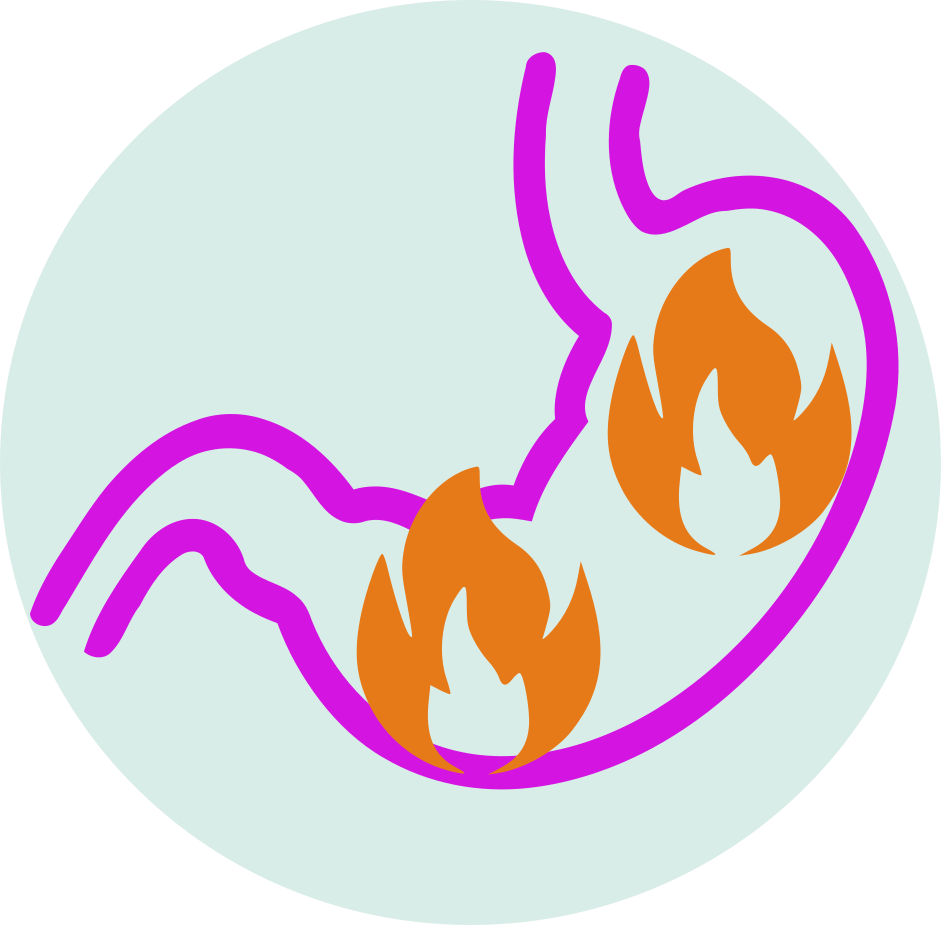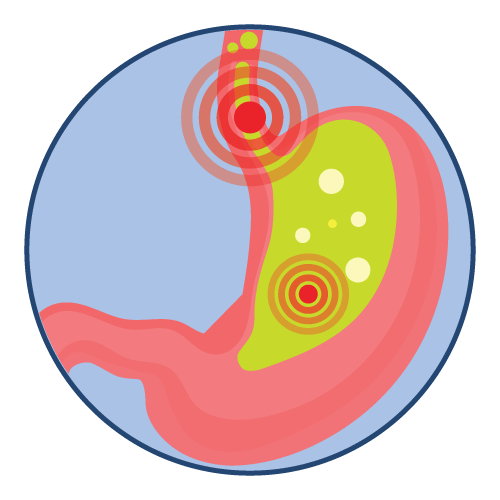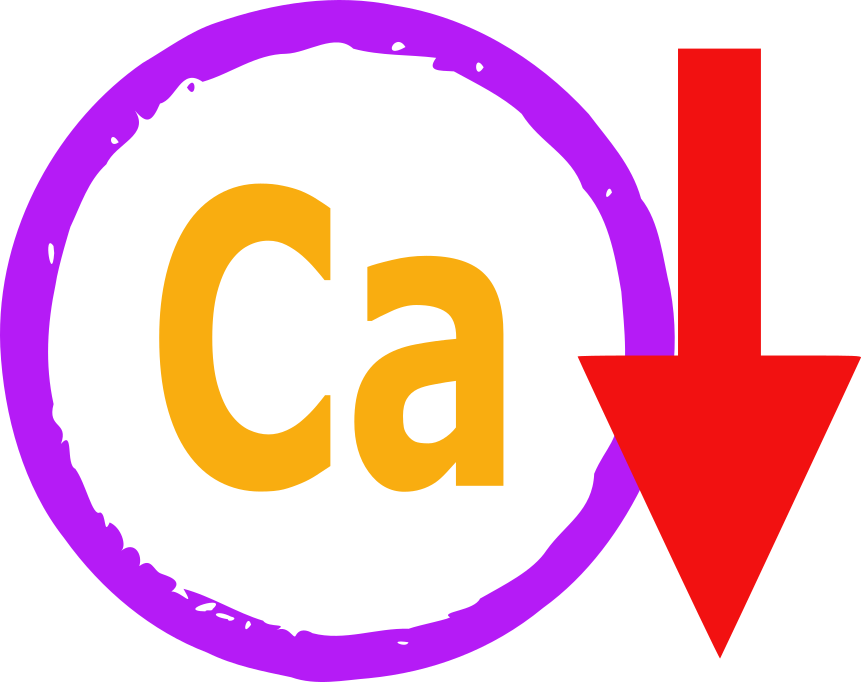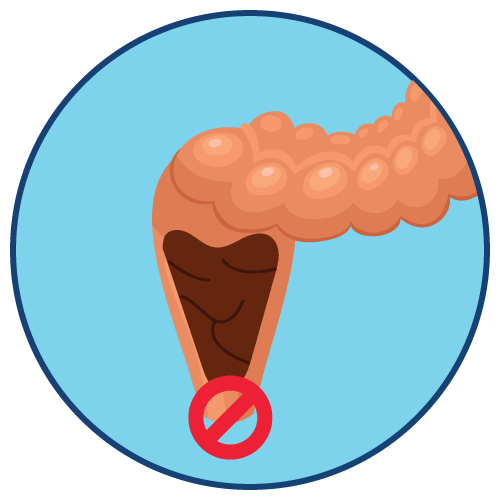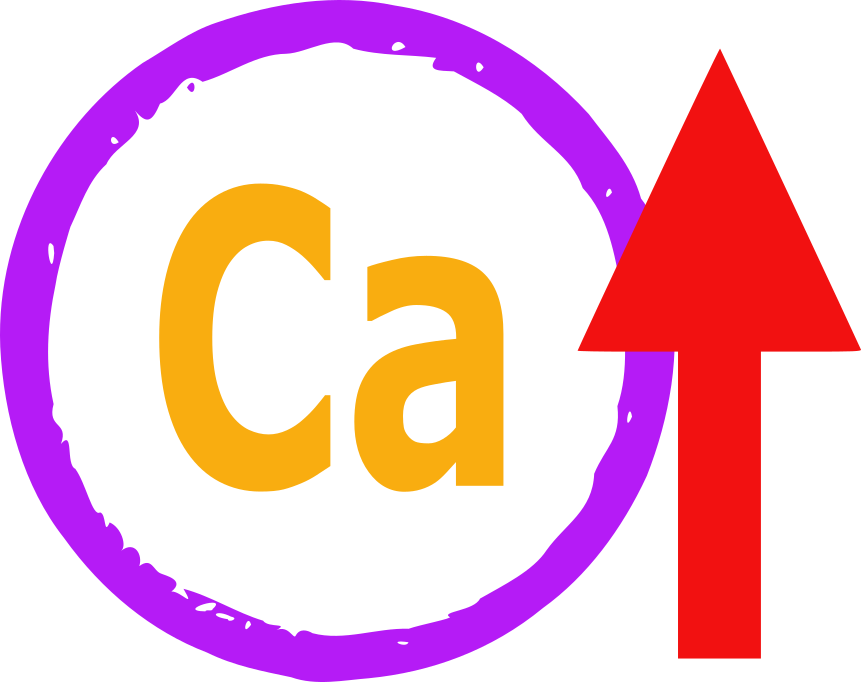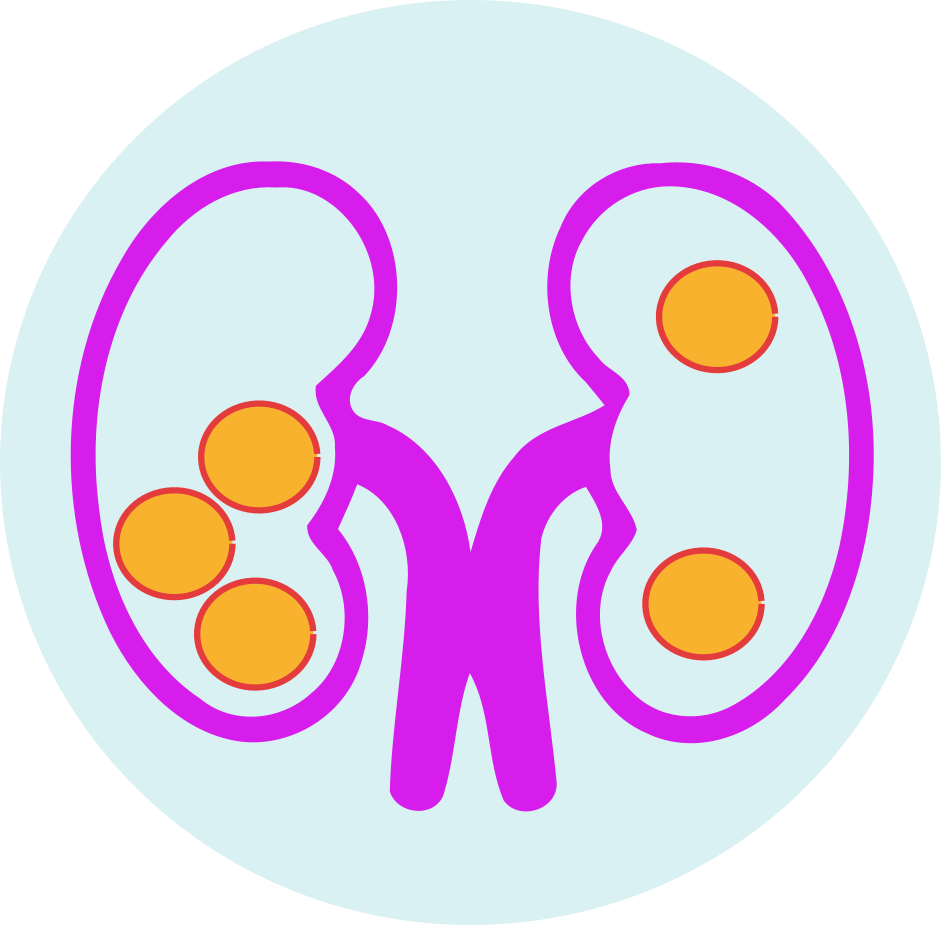| Name | Chalk |
| Classes |
Antacid Gastrointestinal Agent |
| Diseases |
Chalk
Chalk or Calcium carbonate is an antacid and calcium supplement. It neutralizes excess stomach acid by reacting with hydrochloric acid, producing calcium chloride, carbon dioxide, and water. Additionally, it can help increase the levels of calcium in the body.
Calcium carbonate is used to relieve heartburn, acid indigestion, sour stomach, and upset stomach caused by excess stomach acid. It can also be used as a calcium supplement to prevent or treat low levels of calcium in the blood.
The dosage of calcium carbonate depends on the condition being treated and the age of the patient. It is usually taken orally, with or without food. The recommended dose for adults for heartburn and acid indigestion is 500-1000mg, taken 1-2 times a day. The recommended dose for calcium supplementation is 1000-1300mg daily, divided into two or three doses.
The common side effects of calcium carbonate are constipation, flatulence, and belching. Rare side effects include nausea, vomiting, loss of appetite, increased thirst, and hypercalcemia.
- Calcium carbonate should not be taken by patients with hypercalcemia or kidney stones.
- It should be used with caution in patients with kidney disease, heart disease, or a history of stomach ulcers.
- Calcium carbonate may interact with other medications, such as antibiotics and thyroid hormone replacement therapy.
- Patients with a history of allergies to calcium carbonate should avoid using this medication.
- High doses of calcium carbonate may cause calcium buildup in the body, leading to serious side effects.
Contraindication
Calcium carbonate is contraindicated in patients with a history of allergies to calcium carbonate.
None known.
Calcium carbonate is contraindicated in patients with hypercalcemia or kidney stones.
 Bangla
Bangla English
English